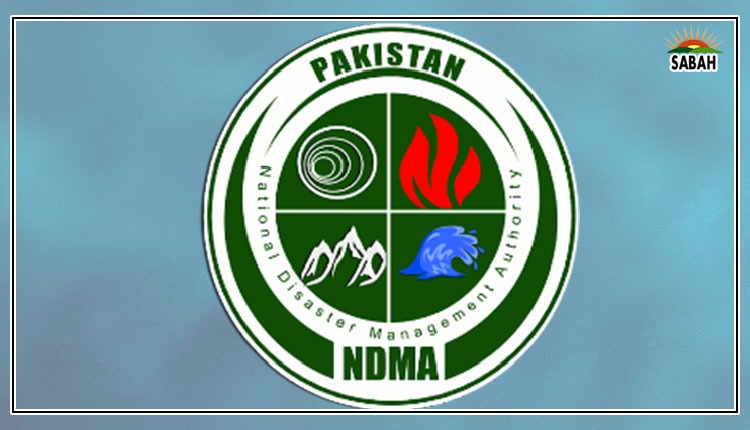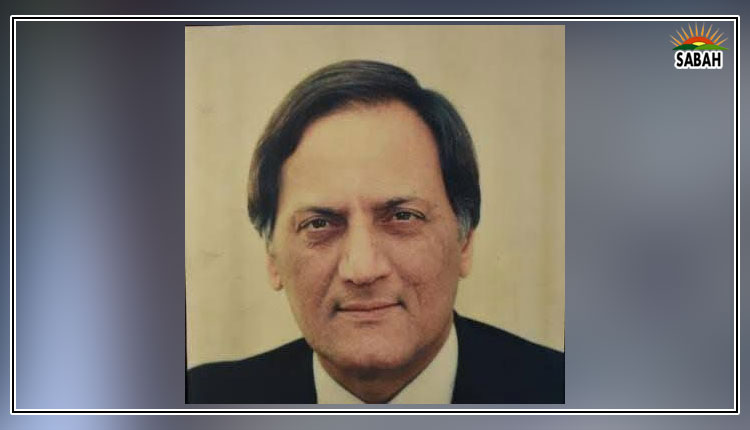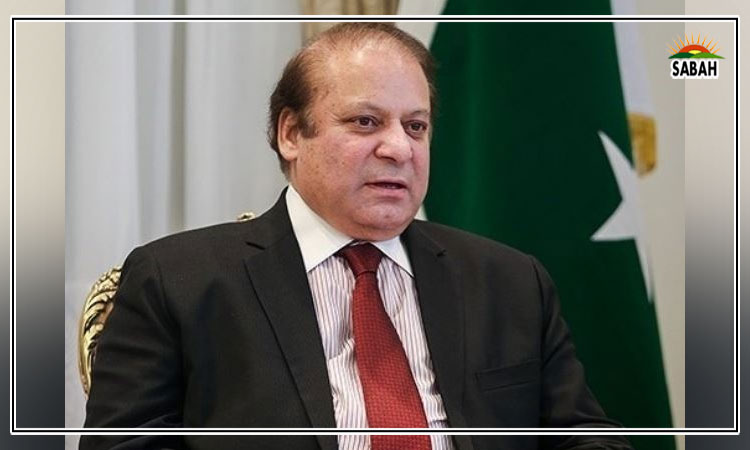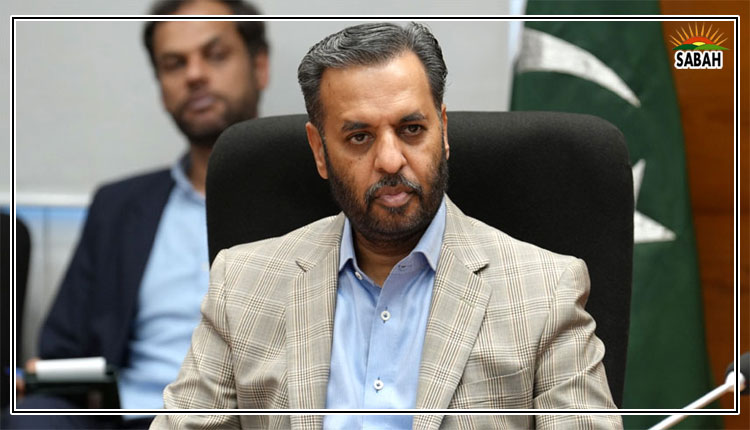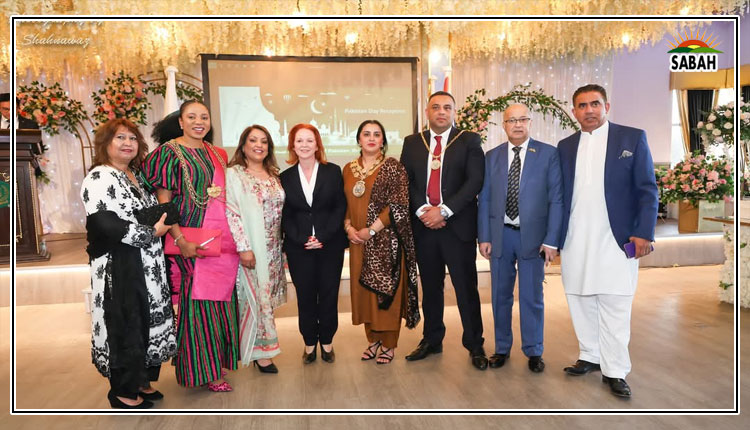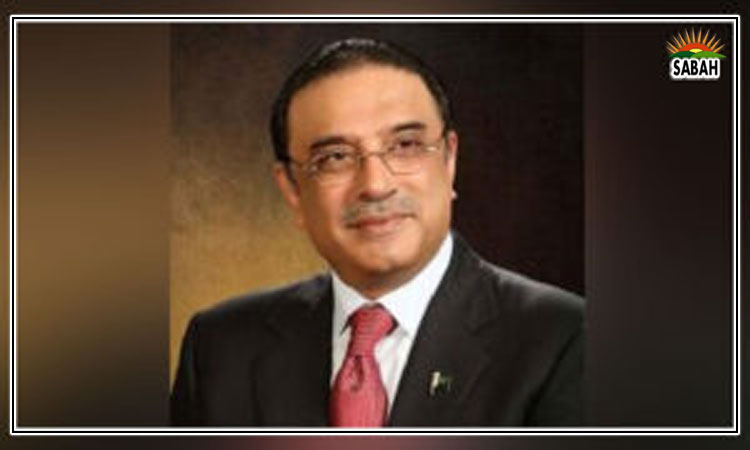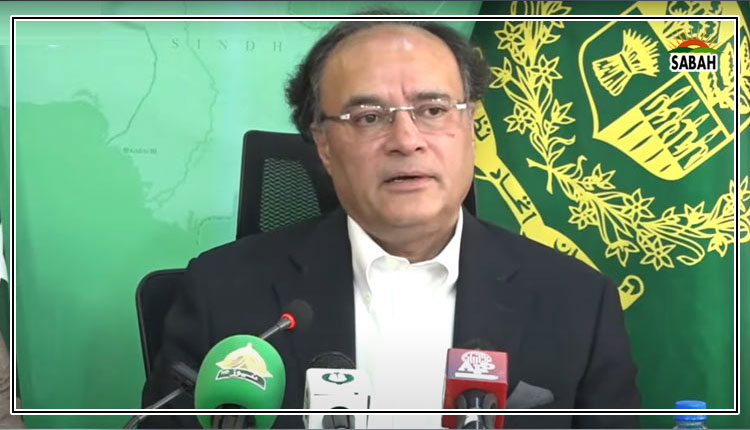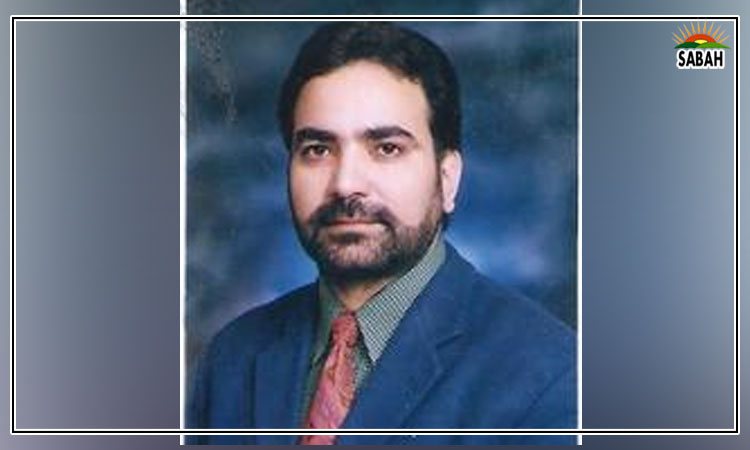Long war threat…Muhammad Ali Siddiqi
WHEN the negotiators for the TTP threatened, by some accounts, a long war on Pakistan, I wonder whether their Pakistani interlocutors reminded them that in a long war it is the insurgents who lose.
The Taliban are quite knowledgeable about things that matter. While they may not know whether Baltic republics border Mexico or New Zealand, they would know every bit of the submachine gun in the enemys hand or where they could find and eliminate a tribal chief with dubious loyalty who had moved across the Durand Line mysteriously at the dead of the night to seek asylum with the wrong terrorist. Do the Taliban know who the Moros are?
A distortion of the word Moors, who lost Spain towards the end of the 15th century, the Moros are a major ethnic group in the Philippines and number over six million in a population of 110m. They have been waging a guerrilla war for over a century yes, over a century. There have been countless ceasefires and peace agreements, but somehow the fighting doesnt end and continues at various levels of intensity. Yet the Philippines has not collapsed from the insurgency. In fact, the country has continued its economic progress, its GDP being $394 billion against Pakistans $348bn.
Every guerrilla war doesnt have the ferocity of the one waged by the Vietcong that made the US bow out; or of Afghan fighters in the 20th or 21st centuries. In both cases, the guerrillas were backed by powerful allies, openly or discreetly, and more important from a strategic point of view they enjoyed support amongst their people.
Insurgencies dont always undermine economic progress.
In the TTPs case, not only has the little bit of support they once enjoyed vanished, there is a popular demand for the government to act and crush the terrorists. Demonstrations have been held not only in Swat, which being a tourist paradise has suffered immensely from terrorism, but also elsewhere in the former Fata.
For drawing a lesson, let us reflect on the fate of the Kurdish minorities in Iran, Iraq and Turkiye. All these states have attempted to solve the Kurdish problem according to their circumstances, but the one that used the most brutal methods seems to have developed a modus vivendi with the Kurds though it is too early to jump to conclusions and say Iraq has finally solved its Kurdish question.
Saddam Hussein had no inhibitions about using chemical weapons against the Kurds. However, in the aftermath of the American invasion in 2003 and the formation of Iraqs first democratic government, the country has followed Lebanon in devising a constitution that takes into account Iraqs multiethnic character. By tradition, since the adoption of the 2005 constitution, a Kurd is the president of the Iraqi federation, the prime minister a Shia Arab and the president of parliament a Sunni Arab.
Kurdish is now the state language besides Arabic, and more important, Iraqi Kurds enjoy some degree of self-rule, because they have a parliament and a government of their own in the autonomous Kurdistan Region, and, despite the occasional fuss over the export of oil, the Kurdistan regional administration and the government in Baghdad have managed to evolve a working relationship.
In Iran, the Kurdish question has been bothering the country for nearly a century, and among those who tackled it was Reza Shah Pahlavi (reigned 1925-1941). In 1946 the Kurds proclaimed the Republic of Mahabad with Soviet support but it was crushed. Similarly, during the initial stages of the Iranian revolution, the Kurdish movement met with a fierce response from Ayatollah Khomeini.
The rebellion ended in 1982, with 10,000 people killed and thousands more fleeing.
Turkiye, too, has been facing a Kurdish insurgency for over four decades, but this has not undermined its economic progress since Recep Tayyip Erdogan came to power in 2002. In fact, in 2013 in world ranking Turkiye was the 16th biggest economy. That it is now at 19 is for reasons other than the Kurdish insurgency Covid 19, bad relations with Saudi Arabia since Jamal Khashoggis murder and the Ukrainian war.
In our case the incorporation of Fata into KP has brought the tribal people into the national mainstream. This has been a blow to the TTP, even though all this has been done by democratic means and an act of parliament.
The TTP may threaten a long war and insist that their stand on Fata is non-negotiable, but it should know one bitter truth. All professional armies consider such insurgencies a training ground for their soldiers. In fact, as some might point out, even a half-century of guerrilla war will not tire Pakistan out, because it will provide an excellent training ground in war conditions.
The writer is Dawns External Ombudsman and an author.
Courtesy Dawn, April 25th, 2023


